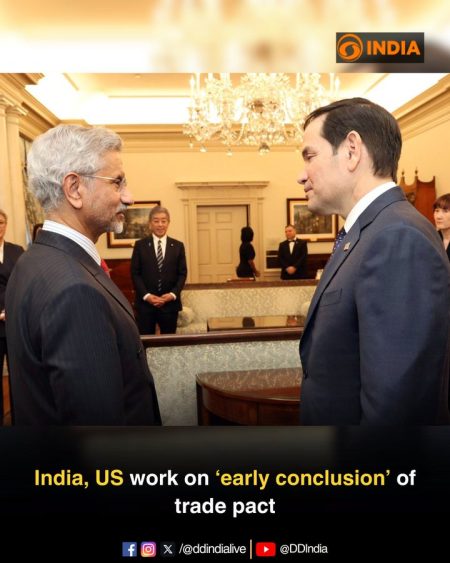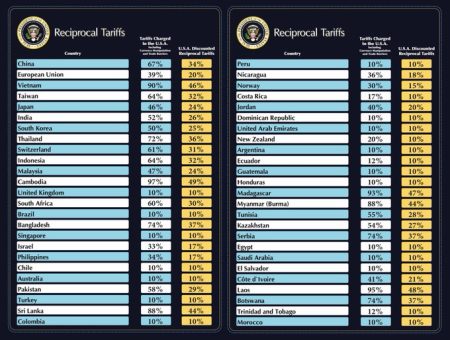
Indian-origin entrepreneur Atal Agarwal, an advocate for improved U.S. immigration reforms, has shared his perspectives on the potential presidency of Kamala Harris. The Indian community in the United States faces a significant challenge, particularly regarding the estimated 250,000 children of Indian immigrants who are forced to self-deport due to the green card backlog. These “Documented Dreamers” grow up in America, attending schools and absorbing American values, yet face uncertain futures due to the lengthy and complicated immigration process.
The green card backlog for Indian nationals is notoriously long, often extending into decades due to the per-country cap limiting the number of green cards issued to any single country, regardless of demand. Indian nationals, especially those in the tech sector, are highly skilled and in high demand, yet the supply of green cards is insufficient. Consequently, many children of these immigrants, who have legally lived in the U.S. most of their lives, reach a critical juncture when they turn 21. At this age, they “age out” of their dependent visa status and must self-deport if they cannot secure an independent visa, a process fraught with challenges and uncertainties.
The Indian community’s expectations from Kamala Harris, the current Vice President and now the Democratic Party nominee for President, are substantial. Harris, whose mother was an Indian immigrant, represents a bridge between the immigrant experience and American political power. However, her tenure has seen minimal progress in addressing the green card backlog and its severe impact on the Indian community.
For example, the Fairness for High-Skilled Immigrants Act, intended to eliminate the per-country cap for employment-based green cards, has seen little advancement. Despite bipartisan support, the bill has stalled in Congress, leaving affected children and their families in a state of uncertainty. Advocacy for Documented Dreamers has yet to translate into concrete policy, highlighting a gap between representation and action.
As Harris campaigns for the presidency, the Indian community looks to her with hopes for substantial reform. Her unique position as a child of immigrants and a prominent political figure places her in an ideal spot to champion immigration reform. Significant reforms are necessary to resolve the systemic issues of the current immigration system, ensuring that talented young individuals aren’t forced to leave the only country they’ve ever known. The future contributions of thousands to American society depend on these changes, making it a pivotal issue for the upcoming election.











